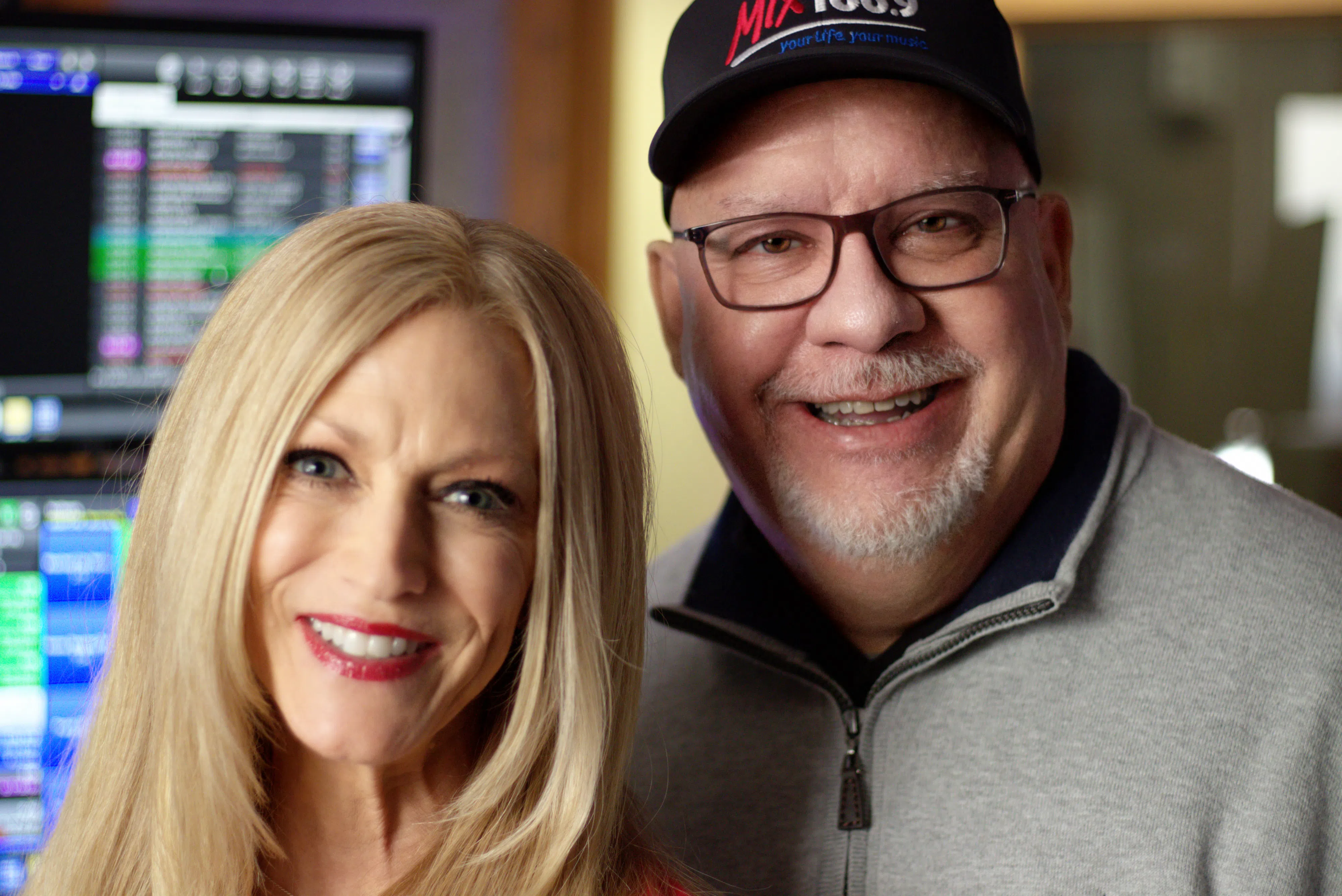By Blake Brittain
(Reuters) – Music publishers Universal Music, ABKCO and Concord Publishing sued artificial intelligence company Anthropic in Tennessee federal court on Wednesday, accusing it of misusing an “innumerable” amount of copyrighted song lyrics to train its chatbot Claude.
The lawsuit said Anthropic violates the publishers’ rights through its use of lyrics from at least 500 songs ranging from the Beach Boys’ “God Only Knows” and the Rolling Stones’ “Gimme Shelter” to Mark Ronson and Bruno Mars’ “Uptown Funk” and Beyonce’s “Halo.”
Representatives for Anthropic did not immediately respond to a request for comment.
The publishers’ attorney Matt Oppenheim declined to comment on the litigation but said it is “well-established by copyright law that an entity cannot reproduce, distribute, and display someone else’s copyrighted works to build its own business unless it secures permission from rightsholders.”
Many copyright owners including authors and visual artists have sued tech companies such as Meta Platforms and Microsoft-backed OpenAI over the use of their work to train generative-AI systems.
The music publishers’ lawsuit appears to be the first case over song lyrics and the first against Anthropic, which has drawn financial backing from Google, Amazon and former cryptocurrency billionaire Sam Bankman-Fried.
The lawsuit accused Anthropic of infringing the publishers’ copyrights by copying their lyrics without permission as part of the “massive amounts of text” that it scrapes from the internet to train Claude to respond to human prompts.
The publishers also say that Claude illegally reproduces the lyrics by request, and in response to “a whole range of prompts that do not seek Publishers’ lyrics,” including “requests to write a song about a certain topic, provide chord progressions for a given musical composition, or write poetry or short fiction in the style of a certain artist or songwriter.”
For example, the lawsuit said that Claude will provide relevant lyrics from Don McLean’s “American Pie” when asked to write a song about the death of rock pioneer Buddy Holly.
The publishers asked the court for money damages and an order to stop the alleged infringement.
(Reporting by Blake Brittain in Washington; Editing by David Bario and Bill Berkrot)







